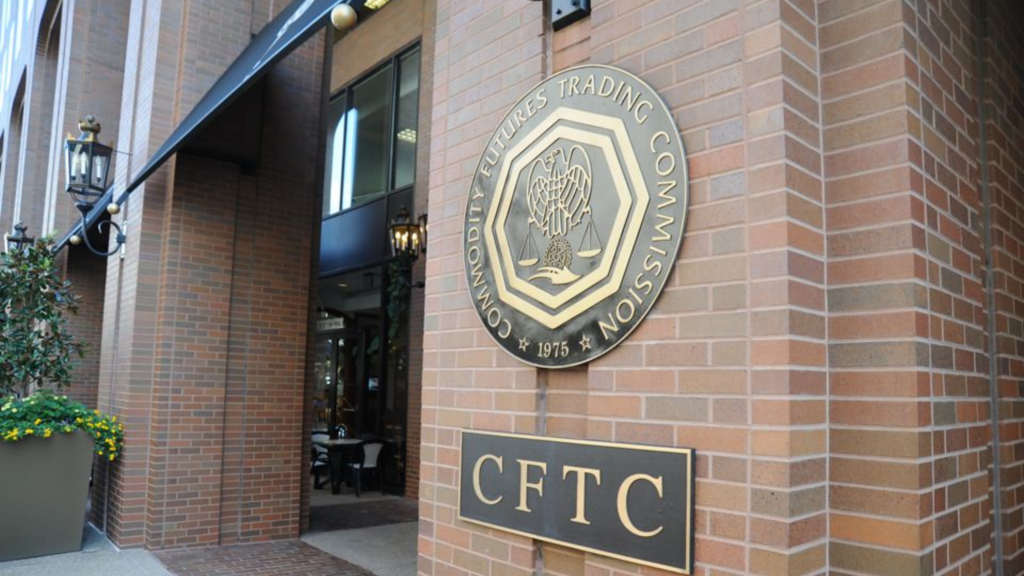NFTs
SEC’s approach to NFT regulation faces legal challenge

.
Law professor and filmmaker Brian Frye, along with composer Jonathon Mann, have taken the unprecedented step of filing a lawsuit against the U.S. Securities and Exchange Commission (SEC). They argue that the SEC’s regulatory stance jeopardizes the livelihoods of artists and creators who are venturing into the world of non-fungible tokens (NFTs).
Frye and Mann’s lawsuit seeks clarity on whether NFTs fall under the SEC’s jurisdiction. The plaintiffs are pushing the SEC to clarify what actions can trigger securities laws when creating and selling NFTs. They also seek information on whether NFTs need to be registered before they can be sold. The lawsuit points to recent SEC actions suggesting that the regulator is encroaching on the art world by dictating when art must be registered with the federal government before sale. The plaintiffs compare NFTs to concert tickets, such as Taylor Swift’s, which are often resold on secondary markets. They argue that it would be absurd for the SEC to classify such tickets or collectibles as securities.
In 2021, media company Impact Theory launched the Founder’s Keys NFT collection, which included tokens of varying rarity levels. The SEC charged the company with promoting unregistered securities in August 2023, marking the regulator’s first case against NFTs. Impact Theory raised approximately $30 million from investors through the collection, drawing scrutiny from the SEC.

The Commodity Futures Trading Commission (CFTC) considers cryptocurrencies to be commodities and suggests applying an asset tax regime to them. On the other hand, the SEC uses the Howey test to evaluate cryptocurrencies, viewing them as financial instruments with security-like characteristics. According to the SEC, tokens generally meet criteria such as pre-sale fundraising, promises of project improvement through marketing and commercial efforts, and the use of social media to showcase the project’s capabilities. Despite these classifications, no arbitration body has definitively resolved the regulatory divide between the SEC and CFTC, leaving each agency to operate based on its interpretation of the situation.
While regulatory interest in NFTs remains high, market excitement has waned significantly. In July, NFT sales volume fell to $395.5 million, marking a new low since November 2023, according to CryptoSlam. This decline continues a downward trend seen since March 2024, with sales volume dropping 45% from Q1 to Q2 2024, falling from $4.1 billion to $2.2 billion. Despite an initial recovery in early July, sales volume dropped again by mid-month. While July was the third-highest month for transaction volume in 2023, with 9.9 million transactions compared to June’s 5.7 million, the average sale price hit a new low of $39.56, the lowest since September 2023.
The future of NFTs hangs in the balance, threatened by both regulatory scrutiny and a declining market. Frye and Mann’s lawsuit underscores the need for clarity in how NFTs are regulated, arguing that overregulation can stifle creativity and innovation within the blockchain and cryptocurrency space. However, declining market interest could pose an even more significant challenge. Ultimately, the resolution of this lawsuit could have profound implications for the NFT market. As the legal battle unfolds, it remains to be seen whether the SEC will adjust its approach or whether the declining market will overshadow regulatory concerns.

